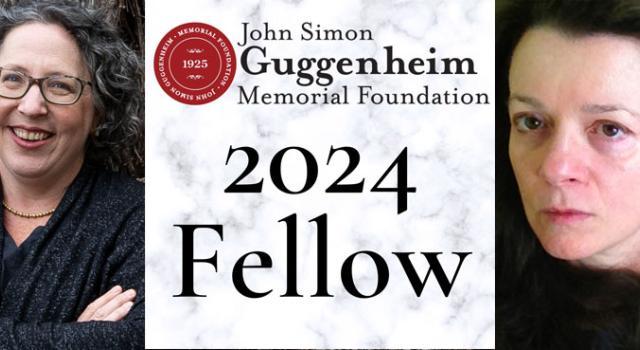Hampshire Alum David S. Meyer 77F Named Andrew Carnegie Fellow

A leading scholar of social movements and political change, Meyer will use his fellowship to study how protest and polarization are reshaping American democracy.
David S. Meyer 77F is professor of sociology, political science, and urban planning and policy at the University of California, Irvine. His work focuses on social movements, collective behavior, and political change. He is the author or editor of nine books, including How Social Movements (Sometimes) Matter (Polity Press, 2021), and has published more than 100 scholarly articles, as well as commentary in magazines, newspapers, and online media.
As an Andrew Carnegie Fellow, Meyer is advancing his project, “Against Apocalypse: Protest, Policy, and Polarization.” His research examines how social movements can drive necessary political change while also contributing to polarization that complicates policymaking. Drawing from both historical and contemporary examples, he aims to develop strategies for activists and policymakers to navigate polarization while advancing social progress.
Meyer’s research has been supported by the Carnegie Corporation of New York, the National Science Foundation, the American Sociological Association, and the Urban Child Institute, among others. He serves as lead editor of the Cambridge Studies in Contentious Politics series, founding coeditor of the Cambridge Elements series in Contentious Politics, and is a member of the editorial committee for University of California Press.
Meyer holds a Ph.D. in political science from Boston University and a bachelor’s degree in literature from Hampshire College.
The Andrew Carnegie Fellows Program, established by Carnegie Corporation of New York in 2015, supports research in the social sciences and humanities that addresses critical societal issues. The 2025 cohort of 26 fellows — selected from more than 300 nominations — focuses on understanding the roots of political polarization and exploring ways to strengthen social cohesion. Fellows, primarily senior and junior scholars from public and private universities, each receive a $200,000 stipend to support significant research and public engagement.



